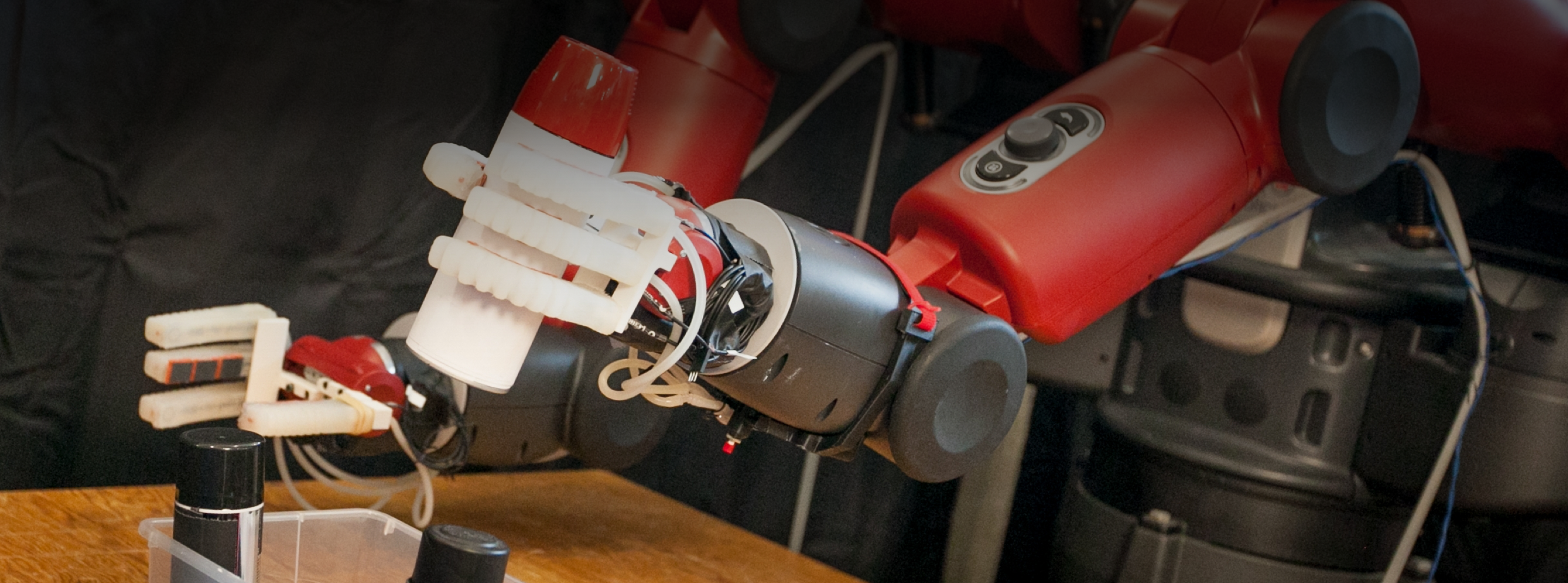“I’ve always been intrigued by technology, especially security and privacy,” says PhD student Vaikkunth Mugunthan. While earning his bachelor’s degree in Information Technology from the Sri Sivasubramaniya Nadar (SSN) College of Engineering in India, Mugunthan pursued a certification in ethical hacking. “That was my first step toward security,” he says. Later, he read up on MIT Professor Lalana Kagal’s research on privacy, which inspired him to apply and receive his M.S. in Computer Science from MIT. Now as a PhD student, he works with Prof. Kagal directly as a member of the Decentralized Information Group within CSAIL.
“The goal is to build a privacy-preserving, secure, federated learning architecture,” says Mugunthan. “I come up with differentially private algorithms and integrate that with deep learning and machine-learning algorithms, combine that with different cryptography techniques,” he says, working from both a theoretical and implementational standpoint. “From the theoretical side, I optimize bounds to come up with better results, and at the same time implement these things so that they could actually be deployed and used by different organizations and companies.”
He adds that the focus of this research is “coming up with privacy-preserving solutions that could be used in many industries. Hospitals or banks could use this.” Hospitals, for example, may want to train machine-learning models without sharing data, while still building an accurate, high-performing, collaborative model across different hospitals. He explains, “They can use the system that I’m working on so that they can come up with better machine-learning models, and at the same time not reveal sensitive and personal information of users.”
His current project is building a secure and privacy-preserving, federated learning environment for machine-learning algorithms on top of Apache Spark. “The current project is basically a simulator,” says Mugunthan, “so before organizations deploy their models to the outside world, (say, if they had servers in Australia, England, or across the world), they can use our simulator, which I’ve recently built, to test different accuracy and privacy laws, compare performance results, and then check which algorithm parameters work best for them. They can then use those to deploy the final system rather than actually playing with the real-world cluster.”
Mugunthan’s experience with CSAIL has opened up many opportunities for him. Prof. Kagal, who advises him on opportunities outside of research as well, encourages him to attend conferences throughout the year, including the Conference on Neural Information Processing Systems (NeurIPS) in Vancouver (one of the biggest machine-learning conferences) and the IEEE Symposium on Security and Privacy. He says, “I love going to different conferences, meeting experts, meeting other researchers. I think it’s a really good experience.”
Through CSAIL Alliances, Mugunthan was also able to connect with member companies by presenting his master’s thesis on differential privacy at a fintech poster event and landed an internship with J.P. Morgan. He aims to create a startup from his PhD thesis, while keeping his options open for academia and industry. “I’m leaning more toward the industry side,” he says, “but the ideal goal would be to have a really good startup from my PhD thesis.” In order to scale the startup and build the software, he would need funding and resources such as cluster computing, storage, more powerful GPUs, and a strong environment.
Outside of research, Mugunthan plays the violin and enjoys participating in various music, photography, and cultural clubs at MIT. He is the captain of MIT’s cricket team and was the president of the cricket club for a year. He loves to travel and has been to 16 countries so far.

